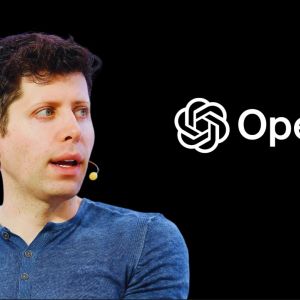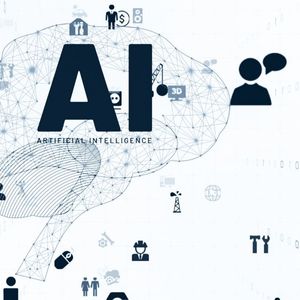Sam Altman, OpenAI’s CEO, has admitted his company has a problem. In a Reddit AMA on Friday, Sam said OpenAI may have been wrong by keeping its AI tech locked away, a strategy that’s now haunting them as China’s DeepSeek surges ahead with open-source AI models. Sam’s exact words were: “I personally think we have been on the wrong side of history.” For a man who rarely (well ever really) admits mistakes, this was big. Last week, DeepSeek just dropped an open-source model that’s cheap, powerful, and scarily close to what OpenAI can do. Developers love it. No gatekeepers. No fees. OpenAI is the opposite, users are forced to pay up to $200 a month for ChatGPT Pro. The Reddit AMA also revealed that Sam’s team is now discussing how to adapt before they lose control of the narrative. “We’re figuring out a different open-source strategy,” Sam said, but added it wasn’t their top priority just yet, because not everyone at the company apparently wants the same. Kevin Weil, OpenAI’s chief product officer, followed up with more details. He said OpenAI could open-source its older models—the ones that aren’t cutting-edge anymore. “We’ll definitely think about doing more of this,” he said, though he didn’t specify which models or when the change might even happen, so there’s a lot of skepticism in the air right now. DeepSeek forces OpenAI to rethink transparency Sam acknowledged another glaring issue: OpenAI’s models hide their thought processes. Right now, if a user asks ChatGPT a question, it generates an answer without showing how it got there. OpenAI has said before that it hides this to prevent competitors from reverse-engineering its systems. But DeepSeek’s models do the opposite. Their latest reasoning model, R1, shows the user the whole entire thought chain, step-by-step. Developers and researchers are eating it up because they can see exactly how the AI works and tweak it if needed. Check out Cryptopolitan’s test run below: Source: Jai Hamid Sam admitted this difference is hurting OpenAI. “We’re working on showing a bunch more than we do today,” he said, adding that the company is looking for ways to balance transparency without giving competitors an easy pass. Weil echoed this, saying, “Power users want to see the reasoning, and we get that. We’ll find the right way to do it.” But he did clarify that they won’t open-source everything, especially models that are state-of-the-art, and admitted that the team is under pressure from users to reveal more. Rumors of a possible price hike for ChatGPT were also asked during the AMA. Sam quickly shut them down, saying he wants to make ChatGPT cheaper, not more expensive. But there’s a little problem with that. According to Sam, the company is already bleeding money. The $200-per-month Pro plan isn’t profitable, and OpenAI apparently needs a solution. AI arms race fuels massive data centers, defense deals, and big risks During the AMA session, Sam admitted OpenAI’s hunger for more compute power is endless. He explained that as models grow bigger and more sophisticated, massive data centers become particularly critical. Sam added that this is why OpenAI eagerly launched its Stargate project with president Trump ahead of his inauguration on Jan. 16. Someone asked about AI’s role in weapon development, with the conversation taking a darker turn, but Weil responded that he trusted the scientists working on the project, adding that OpenAI does understand that there’s no room for reckless experimentation. Sam was also pressed on the concept of recursive self-improvement—where AI improves itself without human intervention. He admitted that he’s changed his stance, saying a “fast takeoff” scenario is now more plausible. Some see this as the gateway to artificial general intelligence (AGI), while others fear it could spiral into something uncontrollable. The AMA wasn’t all doomsday, though. Sam provided updates on upcoming tech, including the next reasoning model, o3, expected in the coming months. He also teased GPT-5, though he didn’t commit to a release date. OpenAI’s image-generation model, DALL-E 3, also came up. Released two years ago, DALL-E 3 is no longer competitive. Weil confirmed they’re working on a successor and promised, “It’s going to be worth the wait.” Cryptopolitan Academy: How to Write a Web3 Resume That Lands Interviews - FREE Cheat Sheet




















